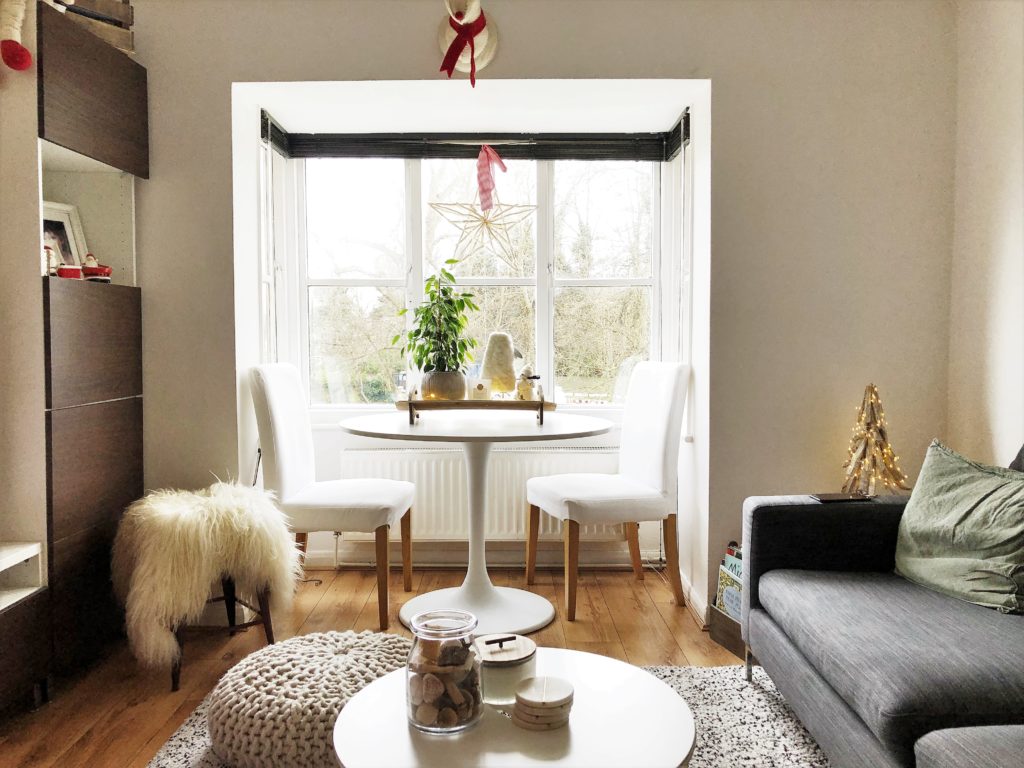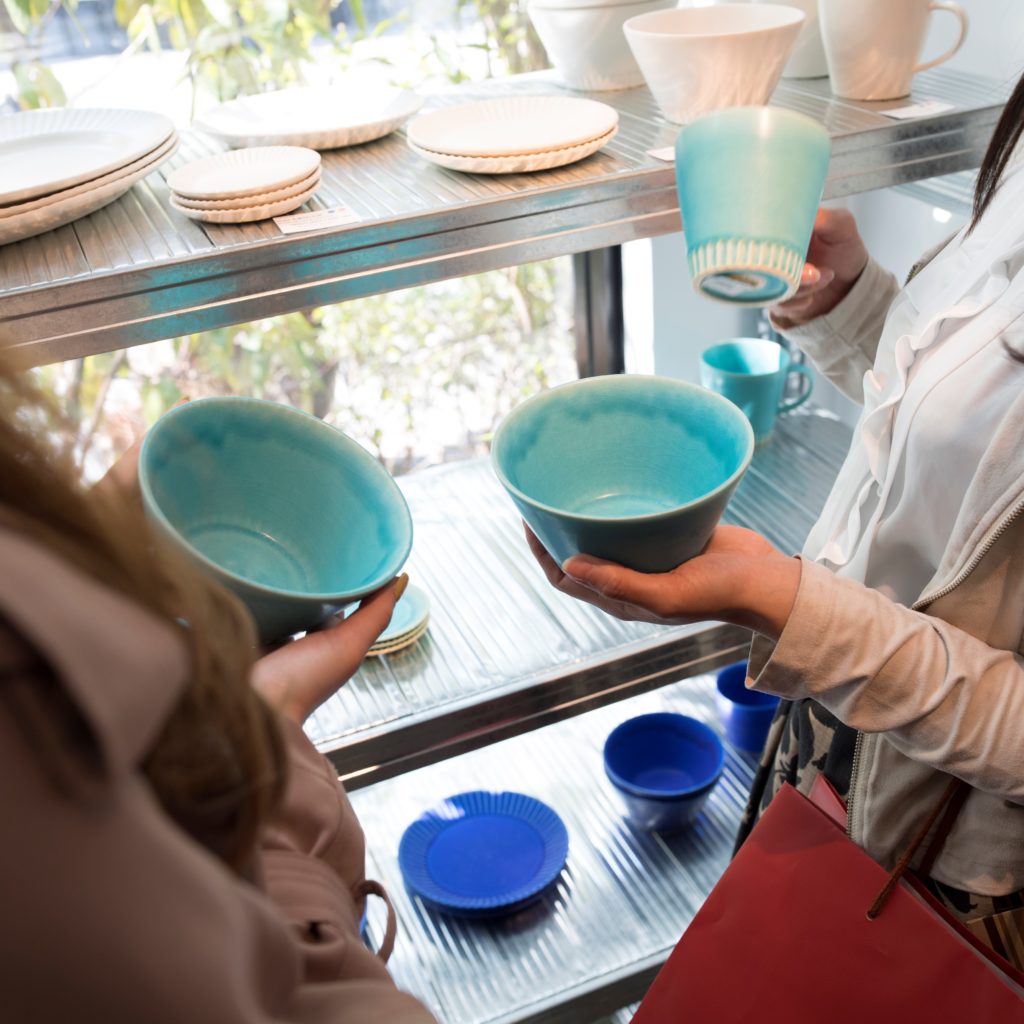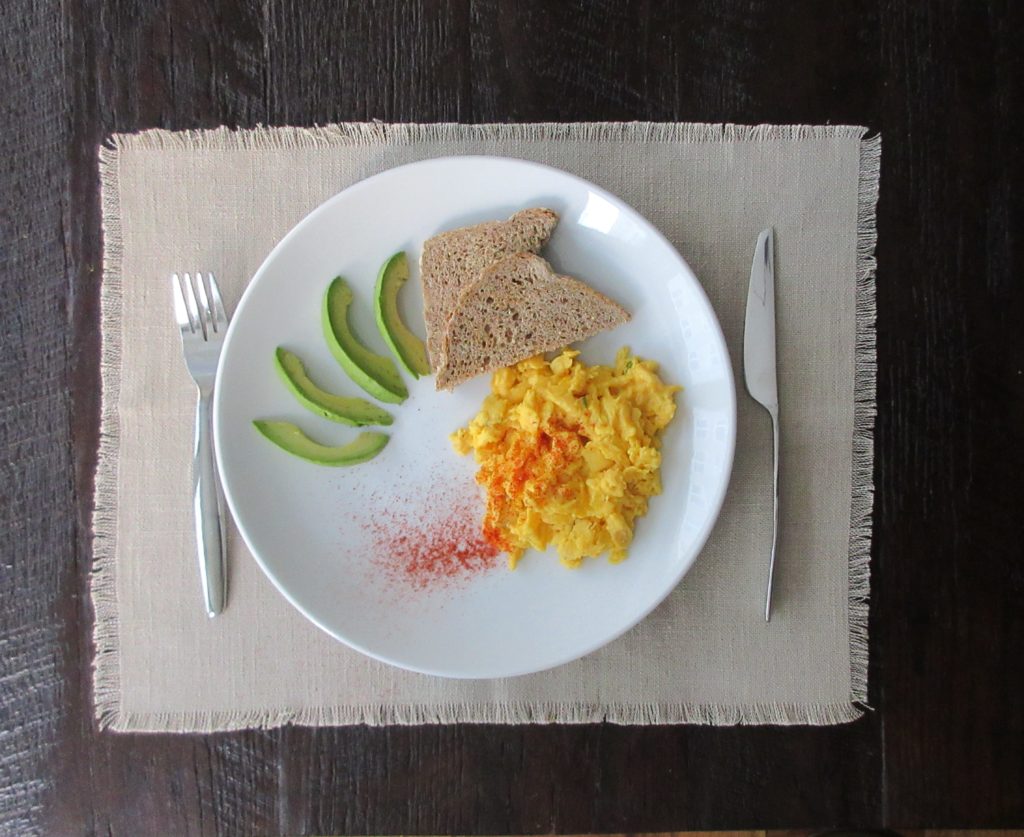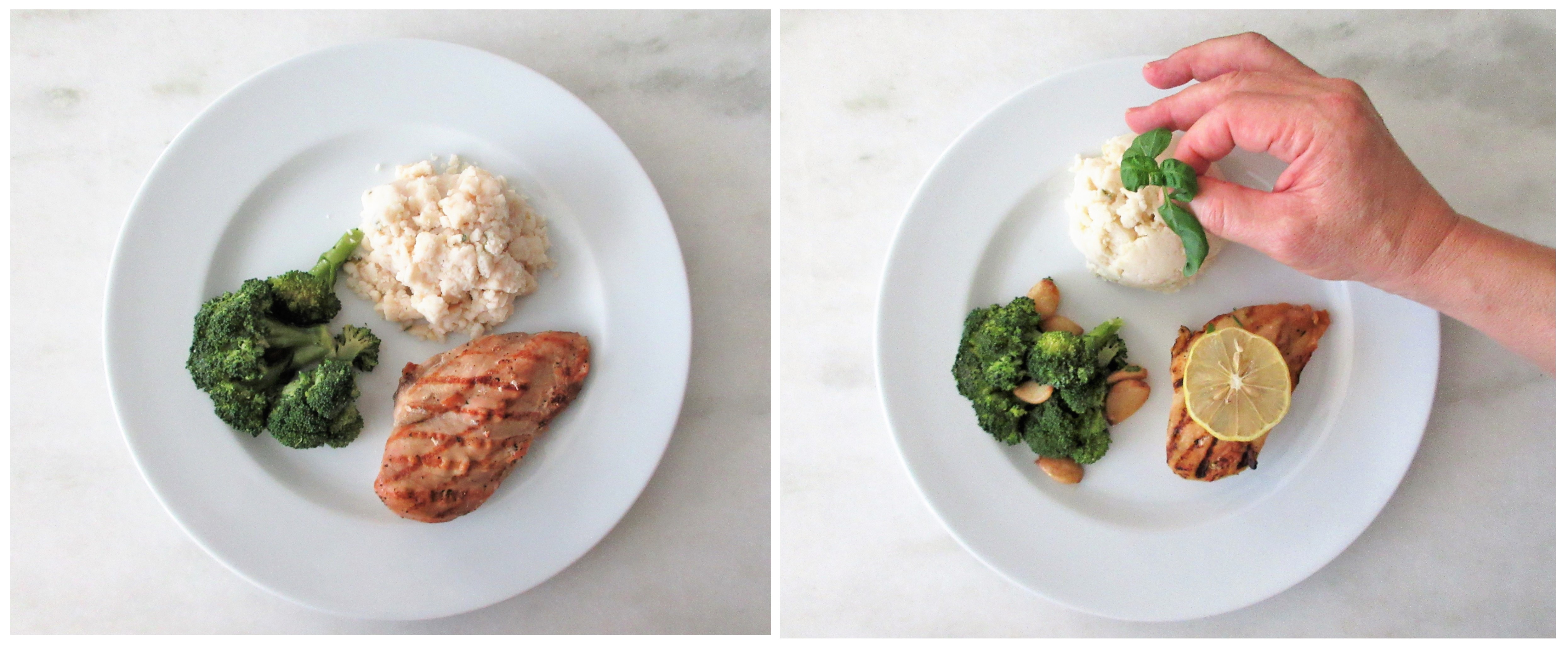
Engage All Your Senses: 5 Steps to Eating in and Being Happier
So, why are we so drawn to leave home, drive somewhere, rain or shine, hot or cold to eat out? One of the main reasons is that those trying to sell us finished meals are better at engaging all our senses than we are. The result: sometimes meals we make ourselves seem less fulfilling than eating out. This is a subject covered well in an article in Scientific American by Dana Small, a neuroscientist at the John B. Pierce Laboratory in New Haven, Conn. and the Yale School of Medicine.
Before we order in or eat out we usually aren’t engaged by the senses of smell, or taste or touch. We’re most often drawn in first by visuals. A restaurant we’ve never been to and whose food we’ve never tasted can draw us in by visual clues that can make it look cozy, or hip, or clean, or many other visuals that can draw us in. Fast food and fast casual restaurants, which may not be playing up the ambiance part of their food value proposition, usually show hyper-calculated photographs or videos of the food to hook us in. Comparing our experiences at home to the product of decades of development in art and science of food marketing is pointless. The enormous health, financial, and societal benefits make increasing the number of meals we make and share at home worth the effort.
Think of the visual component of your meal as an essential nutrient. It’s taken us a while but we’re finally a society that doesn’t boil all the nutrients and color out of its vegetables. The meal as a whole, however, still offers a lot of psychological and interpersonal nutrients we’re boiling out of our meals at home.
Here are a few simple things we can do to re-engage all of our senses at home.

Smell and sight are the first senses engaged by food. Paying attention to how we respond to those visuals has all sorts of implications for our relationships to food.
1) Be Mindful
The next time you eat out pay attention to what you’re doing, thinking and feeling when the food comes. Even without knowing it we are likely soaking in lots of things the food marketers have done to build positive associations with the experience. Lighting, music, table surfaces, placement of food on a plate, garnishes or extra touches of color, socially conducive seating and hundreds of visual or other factors create an environment and an experience that we typically haven’t provided for ourselves at home. The next time we think of a meal we’re left comparing those experiences with what we’re likely to face in our own homes and find ourselves eating out again. It’s ironic that we sometimes take more time to notice those things away from home than we do in our own homes.
To start to reverse this at home without doing anything remotely ‘fancy’ just simply put yourself in the same frame of mind that you’re typically in when you eat out. Be present. Take in your surroundings no matter how familiar they are. Make a deliberate attempt to actually see and appreciate what you’re eating. If you can do all that for the strangers who made your meal in a restaurant you can do that for yourself. The quote below from an article by WebMD says it well, “Mindful eating encourages you to use your senses to choose foods that please you and are nourishing to your body. Pay attention to the physical cues of fullness or hunger that your body sends. Use these to make decisions about when to begin eating and when to stop.”
2) Clear a path
Food marketers create an environment and an experience that we haven’t provided for ourselves at home. Think about it. In a restaurant you’re not trying to rush to get something in and out of the microwave during a commercial. You’re not balancing a plate on your knees. You’re not having to shove paperwork to one side of a dining table that is serving double duty as a home office. These are all things that introduce stress into mealtime. As mentioned above, when we’re stressed at mealtime it’s harder for us to pay attention to the physical cues of fullness. Making a meal at home takes some time and is an act of love in itself. Honor that.

If you don’t have a table get one. It doesn’t have to be fancy but make that the place where you sit to eat, enjoy a cup of coffee, discuss life with your partner and keep it special.
3) See Rituals not Ruts
Related to mindfulness is the difference between a rut and a ritual. Both are things we do routinely but the later is a state of mind. Ruts leave us feeling trapped and helpless. Rituals put us more in touch with ourselves and our world and leave us feeling energized, centered and empowered.
We tend to go into autopilot especially with our usual comfort foods which account for the majority of our meals at home. The warm and fuzzy associations we developed at some point for a grilled cheese sandwich or a bowl of soup may be less about the food than the space we were in when those foods came into our lives.
Likely it’s not the grilled cheese itself that holds that place in our hearts but other associations we made early on often have to do with the other senses than about the food itself. It could be the time your mom took to cut the grilled cheese into triangles or the gesture of drawing a smiley face on your pancakes. It’s those visuals that made those meals special and which we don’t do for ourselves. Easy doesn’t have to be emotionally barren. Convenient doesn’t have to mean we’re checked out. It’s those things that make our meals at home ritual and not habitual.
4) Choose
The go-to for a lot of us is a white plate. Certainly it’s a fiercely held preference for true foodies and professional chefs. One thing to consider, however, is that enthusiastic foodies and professional chefs are usually really into food styling and have spent a lot of time honing food styling skills. For meals where expert food styling is going on it makes a lot of sense for the table setting not to compete with the food styling. But for meals at home most of us can do some nice simple plating but high-style food styling would end up being a deterrent. The important thing, however, is to choose… to make a conscious choice and engage.
The good news is that very simple acts can transform the visual impact of every-day meals from throw-away moments to ones that set us on new paths. With only a few extra breaths and with all our senses engaged we can find ourselves in a place where we are not drained but recharged. Just as there are many fine wines that are inexpensive deciding to build quality into the time and the way we eat is more about little changes in attention than changing who we are.

We all have a favorite mug. Have that same connection to other things in your cupboard. Why have them if you don’t really enjoy holding them and using them. Notice the details you like and take a spit second occasionally to appreciate them.

We should really like what we choose to use on a daily basis. Noticing the things we enjoy prevents us from ‘checking out’ or going into ‘auto-pilot.’ Look forward to meals at home by enjoying everything about them.

The same meal on basic whiteware and on an aqua glazed plate. Make something as basic as your morning’s scrambled eggs and make it special. Grab your favorite mug and enjoy!

The same meal as above. There’s a few slices of avocado and a sprinkle of paprika but it really didn’t take much time at all… maybe 60 seconds. Try it!
5) Make Little offerings
Obviously tiny little things that happen in split seconds can have a huge emotional impact. We’ve all experienced how a simple dismissive eye-roll, a single word in a certain tone or being cut off in traffic can throw us off. These perceived infractions took nearly no time or expense at all on part of the perpetrators yet can have a huge effect. It stands to reason then that exactly other minute little details of a positive nature requiring almost no time, effort or expense can have a positive effect. Special doesn’t have to take extraordinary work or planning. Is how you’re eating telling you that it’s business as usual and there’s nothing special here or is it waking you up, putting a smile on your face and reminding you to take a split second to reflect and recharge?

A few seconds to add a little touch to everyday comfort meals can make a huge difference in how visually engaging our meals at home can be.
Enjoy plating the food in a way that makes it look yummy. Each of us has a favorite coffee mug. Think about that. If you don’t have a plate or bowl that you use regularly that you look forward to using and which brings you the same joy or comfort you might want to consider something new. Think about putting something under the plate, changing what light is turned on, lighting a candle. Sit somewhere specific just for the purpose of connecting with yourself and with the food. Something as simple as a placing a basil leaf on our soup or pasta can divert a throw-away moment of satisfying hunger into an act of affirmation. Without taking more than 30 seconds, without having to wash an extra dish, there are hundreds of ways we can give ourselves little visual cues that are our offerings to ourselves of comfort, reward, acknowledgement and celebration.
Draw a smiley face on your own pancakes on a Saturday morning!

These could be the best-tasting pancakes in the world but would tasting them put the kind of smile on your face that these would. Visuals are important. Treat yourself! This took all of 30 seconds.
Visit us on Instagram @tabletimes
